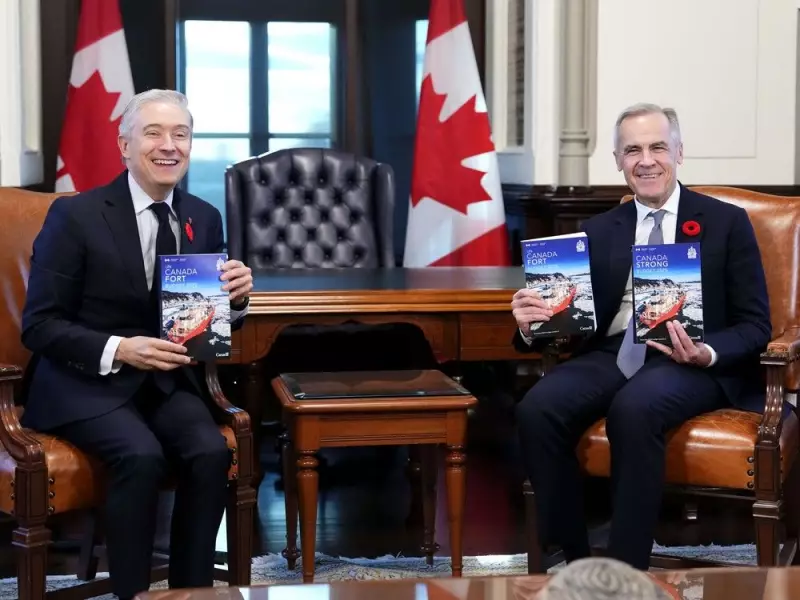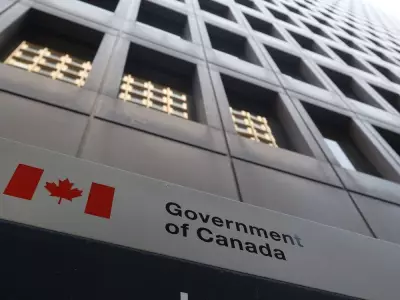
Six months into his term as Canada's prime minister, Mark Carney is discovering that political patience has its limits. The former banker who swept to power on promises of economic expertise now faces two critical tests that will define his leadership: resolving the trade war with the United States and managing a ballooning federal budget deficit.
The Tariff Standoff
Despite Donald Trump showing more personal respect for Carney than his predecessor Justin Trudeau, the promised resolution to the US tariff conflict remains elusive. The ongoing trade dispute represents Carney's first major challenge, one that could quickly turn public opinion if financial repercussions begin hitting Canadian households.
Carney may be strategically biding his time, either placating Trump or awaiting court decisions, but Canadians expecting swift action on this campaign priority are growing restless. The delay raises questions about whether the prime minister can deliver the economic diplomacy he promised.
Budget Reality Check
The second major test came with Tuesday's federal budget, tabled by Finance Minister François-Philippe Champagne. Rather than the expected austerity measures from an economic expert, the government projected a $78.3-billion deficit for the coming year - the third largest in Canadian history.
This represents a significant increase from last year's $40-billion forecast, which had already ballooned to $61.9 billion by December. The dramatic deterioration prompted former finance minister Chrystia Freeland's abrupt resignation and accelerated Trudeau's political downfall.
Spending Versus Results
While the budget identifies $59.6 billion in savings over five years through government worker retirements and voluntary departures, it also introduces $126 billion in new spending focused on infrastructure and housing. The government is betting that large projects will stimulate investment and economic growth.
However, this long-term strategy means Canadians won't see direct benefits anytime soon. History shows that massive stimulus spending without proper controls often becomes boondoggles where taxpayer dollars are wasted without generating desired economic spinoffs.
The budget also includes billions for military spending to meet NATO targets and funds to diversify trade away from US reliance. Yet most Canadians would prefer seeing those defense billions spent on issues affecting them directly, such as cost of living and housing shortages.
With the Liberals just short of a majority government, the budget will likely pass with support from some NDP members seeking to avoid triggering an election. But Carney and Champagne's use of superlatives like "Canada Strong" and "generational investment" to justify additional spending represents a significant gamble on Canadian patience.
As larger deficits continue bloating long-term debt, the government is counting on Canadians remaining virtuous enough to wait out their long-term economic strategy. With inflationary pressures, housing shortages, and infrastructure challenges persisting, that patience may be wearing thinner than the government anticipates.





